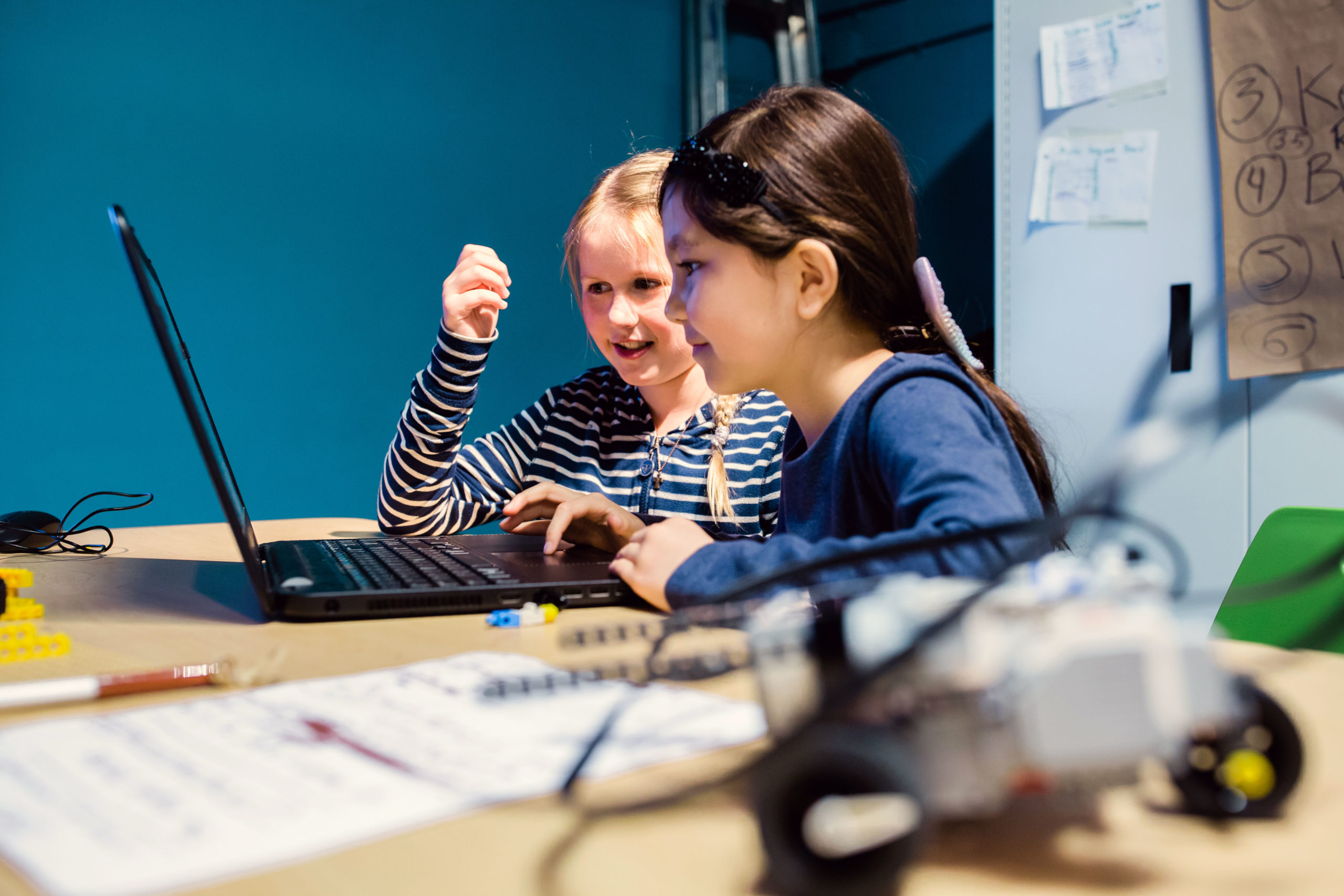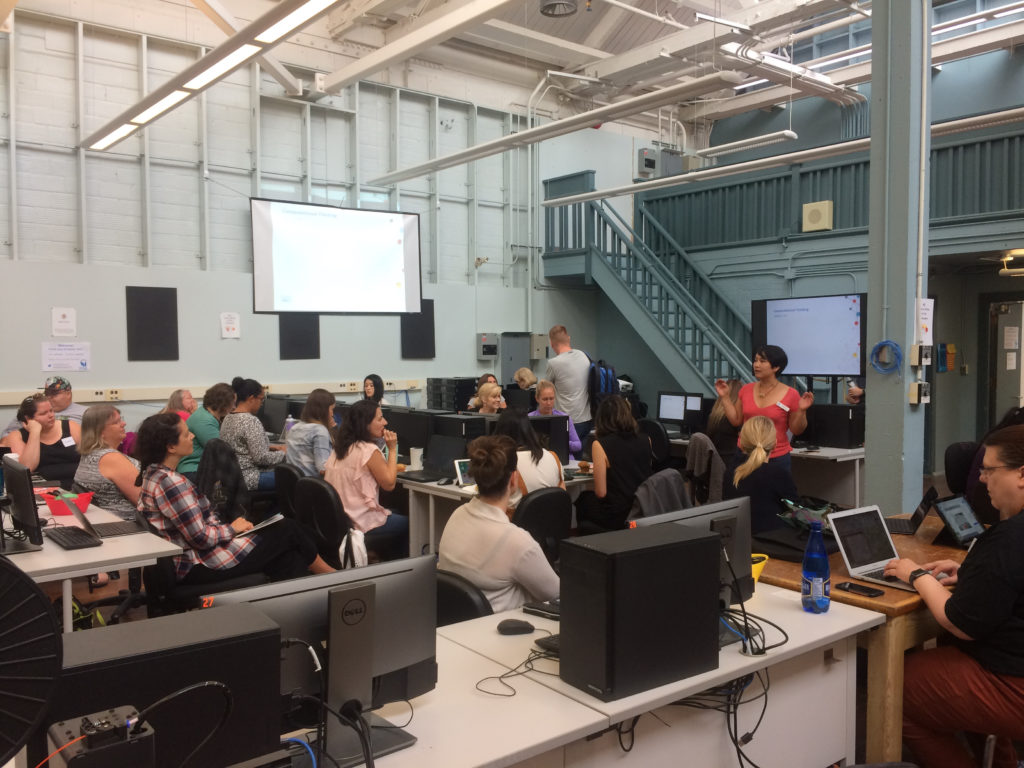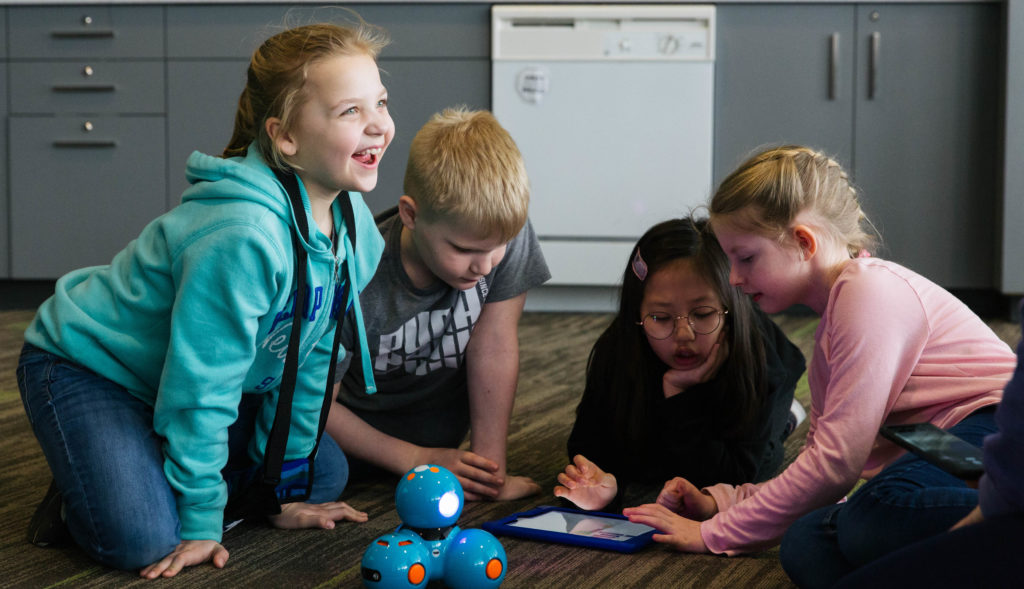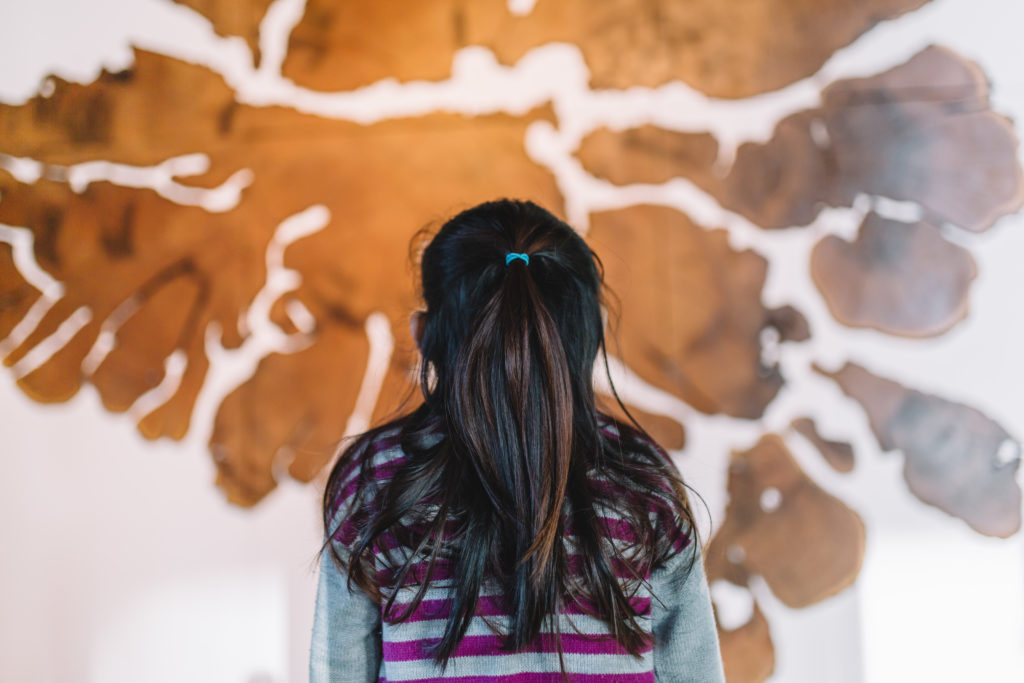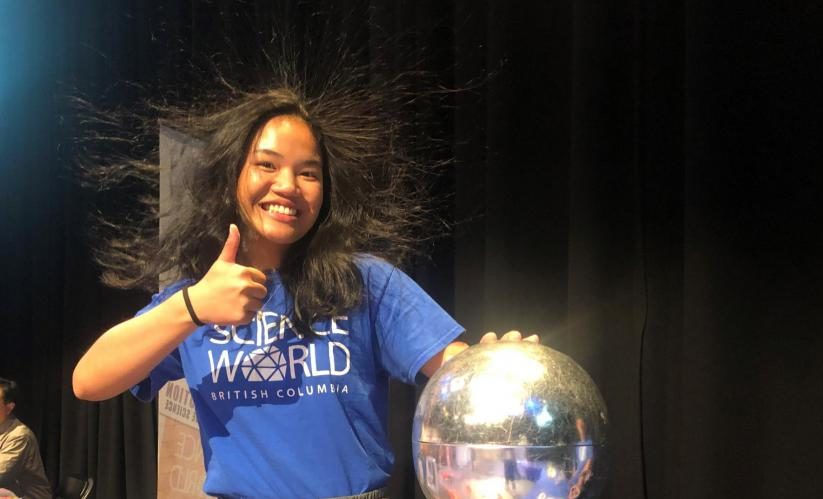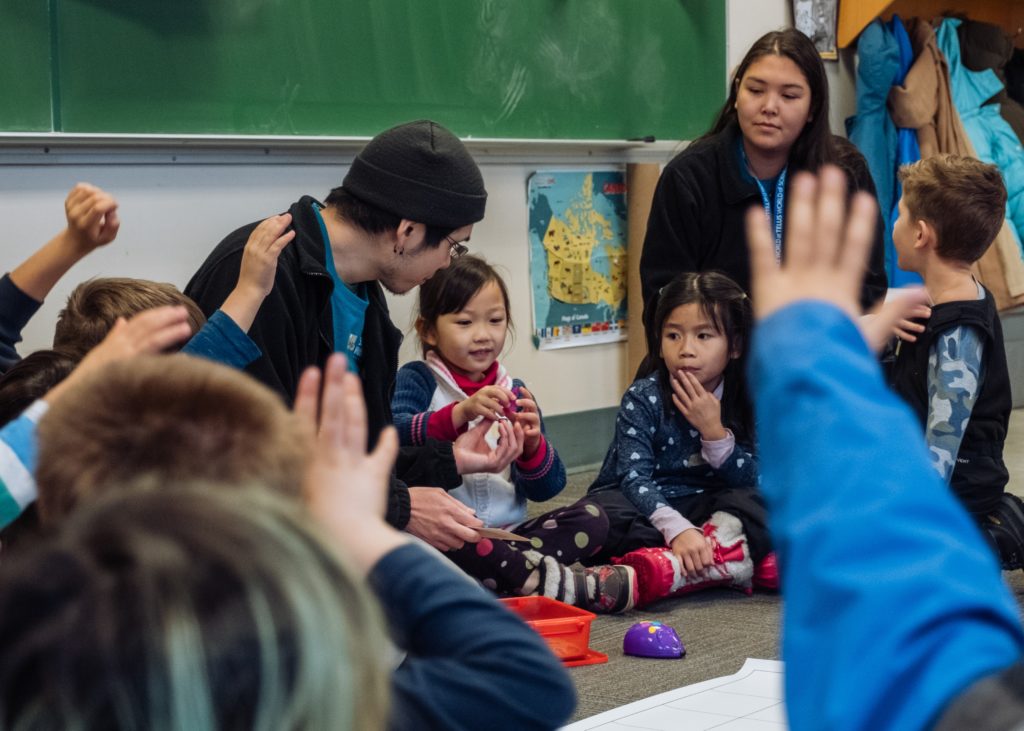How Does Learning Adapt?
Being
responsive to changing times is at the heart of Science World’s practice.
That’s what we’re up to here, Karen tells me:
“We’re helping establish communities of practice.”
In professional development sessions, Science World employees do not present themselves as experts or an authority, but as a resource in support of teachers. “We offer provocations for teachers to think about, and we offer them time to share with their colleagues and to consider how they might integrate new ideas into their teaching practice.”
Karen says the teachers who attend the
workshops are resourceful and adaptable. They come because they are committed
to their own continuous learning for the benefit of their work and of their
students.
Karen herself is trained as a secondary teacher. “We do it to help kids shoot for the stars,” she says. “I rarely meet teachers who pat themselves on the back for a job well done, they're always asking what they might do better next time.”
This week, Karen is attending webinars and learning about how educators in Asia are responding to the crisis.
“There are cities in their eighth week of
impromptu online learning. People there are saying there is no one-size-fits-all
solution. In these unprecedented times, we need to be agile in responding to
the challenge of adapting instruction. We need to get comfortable being
uncomfortable.”
The question of how to educate people online
is not a new one, Karen reminds me.
“Academics have been musing on the future of education for years. People ask, ‘Do we need teachers in the age of information?’ I argue yes, absolutely.
“The real question is, how does learning adapt? How do we adapt?”
It's an open-ended question that Karen and her team are responding to every day in this new environment. Soon, Science World will offer professional development workshops for teachers online for the first time.
"Teachers still want to learn," Karen says. "And I don't like saying no to teachers."
The Dome is Where the Heart is.
For the first time in 30 years, Science World has closed its doors to the public. Every day, COVID-19 is eliminating our main revenue source and critical operational funds. Give now to ensure that when the virus is gone, Science World is still here.
